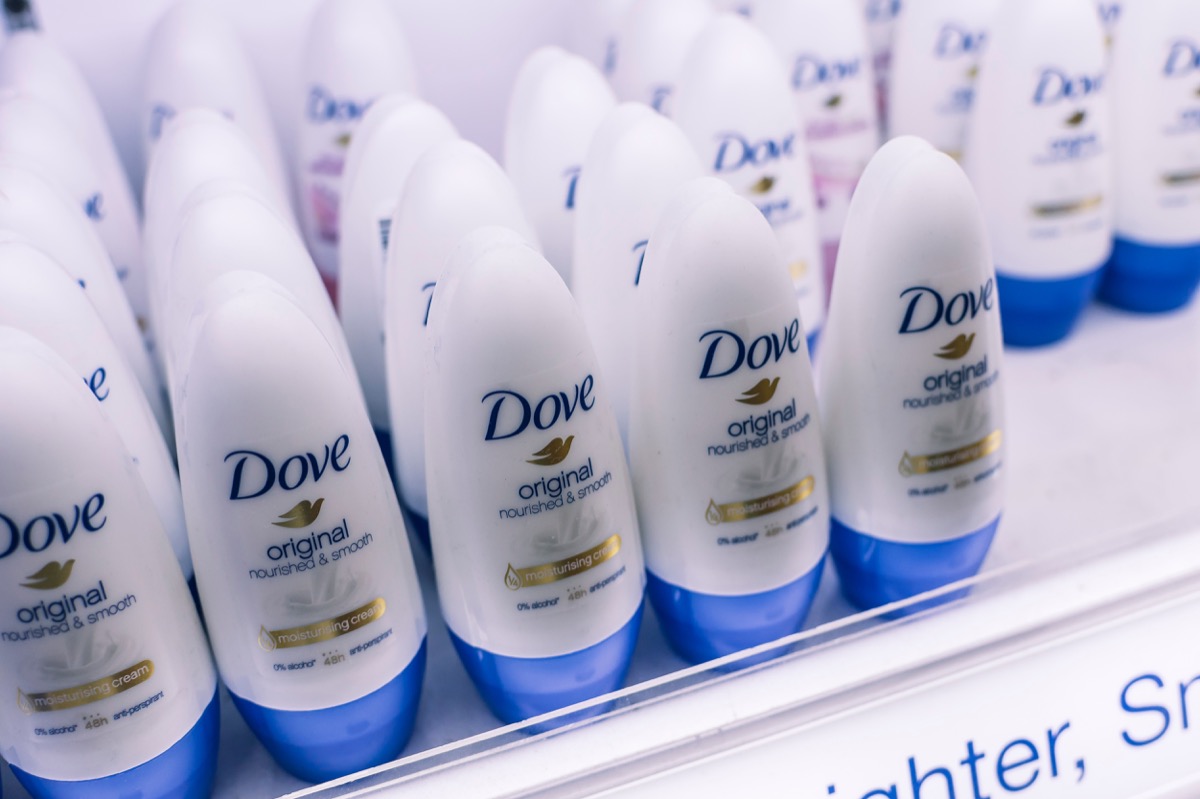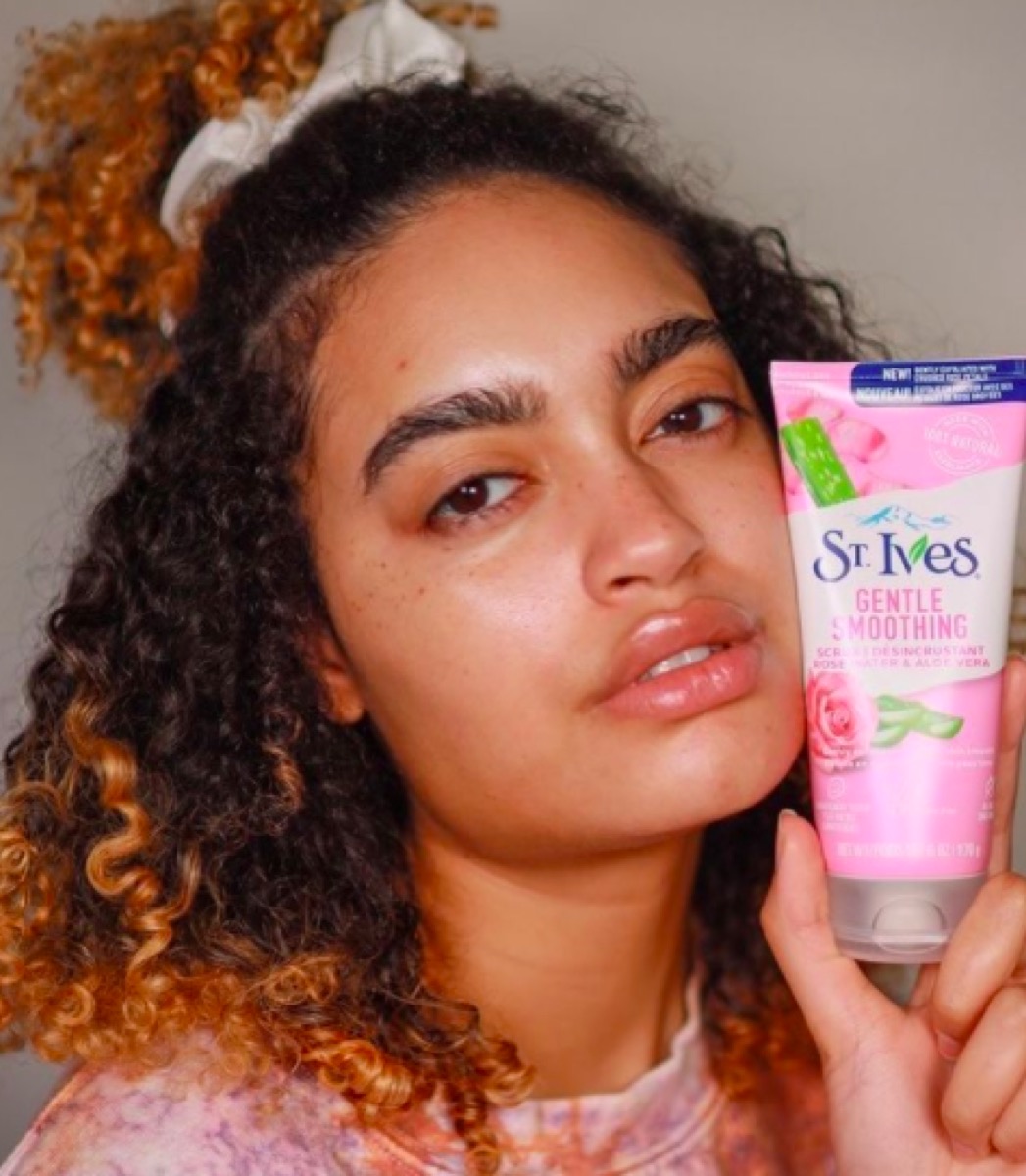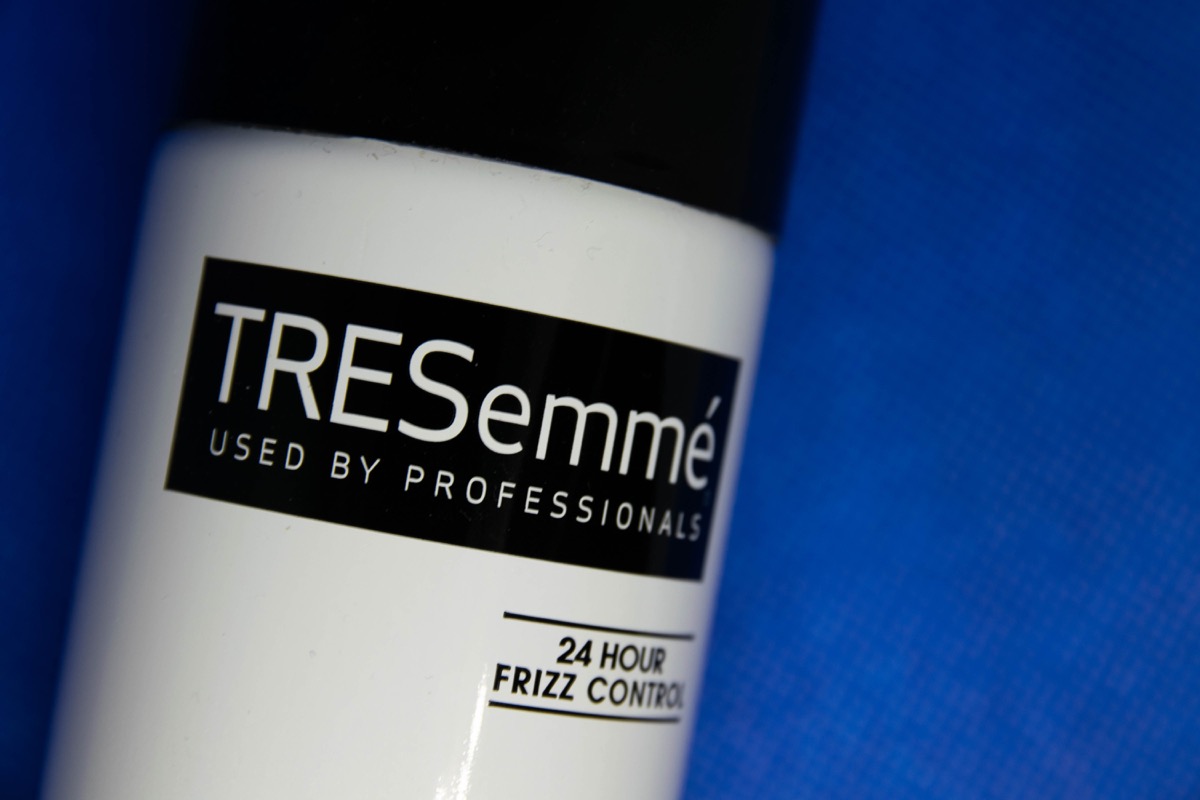Don’t expect to see the word “normal” on many of your favorite beauty and personal care products, from skincare to shampoo. Unilever just announced it will be “removing the word ’normal’ from advertising and packaging, all over the world.” This is one of several commitments the company is making as part of its new “positive Beauty vision and strategy—championing a new era of beauty that’s inclusive, equitable, and sustainable.” The decision comes after a recent survey of 10,000 people across nine countries found that seven in 10 people said seeing the word “normal” on beauty product packaging had harmful effects. When the survey zeroed in on 18- to 35-year-olds specifically, the figure rose to eight in 10. The word “normal” had previously been used to describe things such as skin or hair type. “With one billion people using our beauty and personal care products every day, and even more seeing our advertising, our brands have the power to make a real difference to people’s lives. As part of this, we are committed to tackling harmful norms and stereotypes and shaping a broader, far more inclusive definition of beauty,” Sunny Jain, president of Unilever Beauty & Personal Care, said in the statement. And for more recent removals, Dr. Seuss Will Stop Publishing These Books Due to Accusations of Racism. Another aspect of Unilever’s new strategy is a commitment “to end all digital alterations that change a person’s body shape, size, proportions or skin color, and to increase the number of ads portraying people from diverse, under-represented groups.” NBC reported that Dove, one of Unilever’s biggest brands, made this change back in 2018, and now the rest of the brands are catching up. And for more notable brand changes, These Familiar Logos Are Getting Transformations Due to Their Racist Origins. As recently as Sept. 2020, Unilever had to pull an ad and all of its TRESemmé hair care products from South African retail stores for 10 days due to intense backlash. According to Reuters, the ad in question described images of Black hair as “frizzy and dull” and “dry and damaged,” while a white woman’s hair was referred to as “normal.” In July 2020, one of Unilever’s Indian subsidiaries announced they would change the name of its skin-lightening brand “Fair & Lovely” to “Glow & Lovely” after receiving years of consumer pushback over the negative stereotyping of darker skin tones, according to Forbes. And in 2017, Dove was called out after an ad depicted a Black woman removing her shirt to reveal a white woman. Dove apologized, but it left many loyal customers confused about what the company’s intentions had been, as The Washington Post reported. And for more retail news delivered straight to your inbox, sign up for our daily newsletter. According to Unilever’s survey, more than half of respondents found that “the beauty and personal care industry can make people feel excluded.” Seven in 10 participants said the industry needs to broaden its definition of beauty. Six in 10 said the industry churns out a singular idea of who or what is considered “normal,” which makes consumers feel they should look a specific way. And for more companies that have angered customers, This Is Why People Are Now Boycotting Trader Joe’s.ae0fcc31ae342fd3a1346ebb1f342fcb



